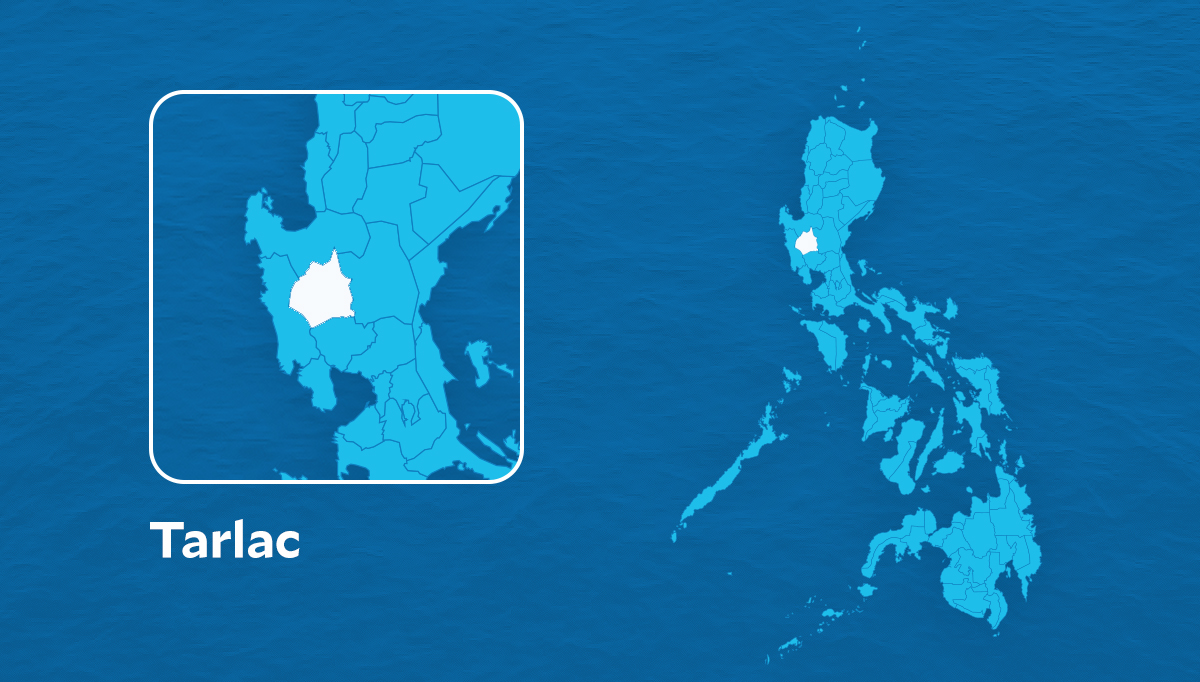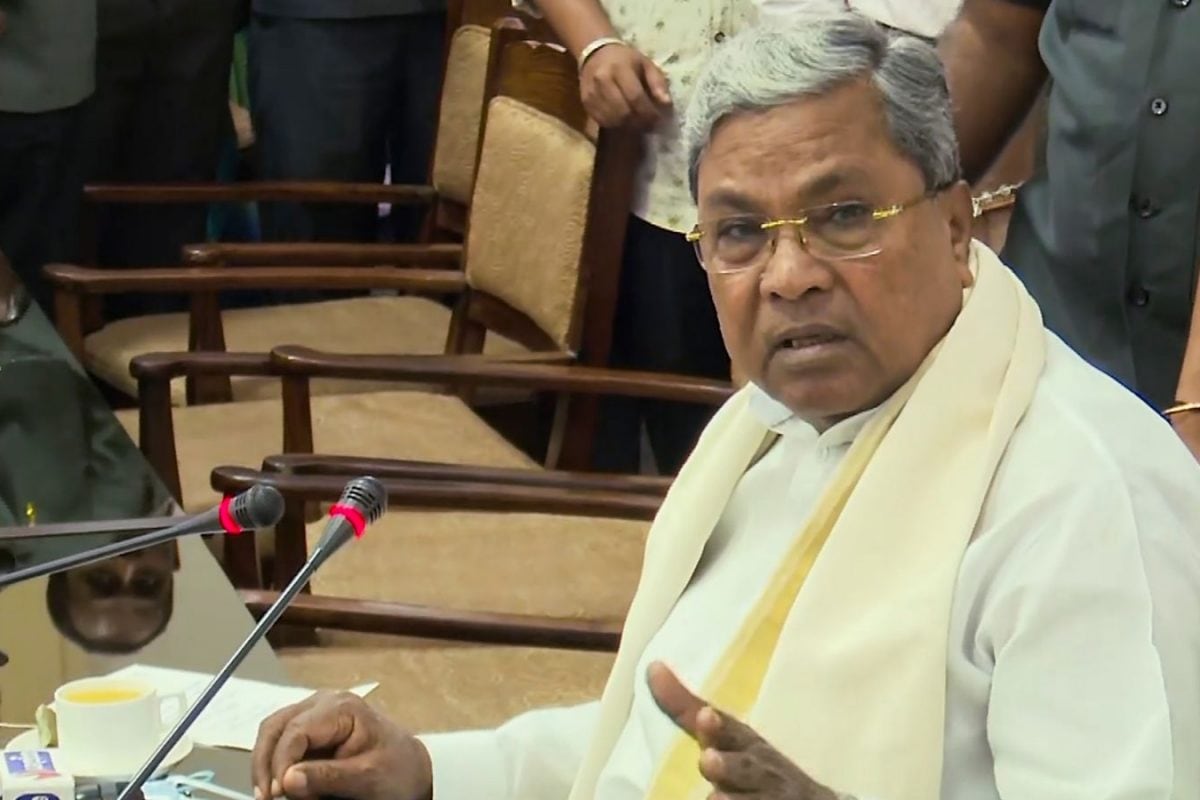
Culture is more than just traditions and customs; it is the essence of human existence, shaping our behaviours, interactions, and way of life. But as we look ahead to the next millennium, the very survival of human culture seems doubtful. The reckless actions of humanity—our exploitation of nature, unending conflicts, and disregard for the environment—are pushing civilisation toward an irreversible collapse.
Climate change, an impending catastrophe, is accelerating at an alarming pace. The year 2024 was recorded as the hottest in human history. The Intergovernmental Panel on Climate Change (IPCC) has warned that surpassing a global temperature rise of 1.

5°C will trigger disastrous consequences, many of which have already begun to unfold in Africa, Asia, and even Antarctica. The West Antarctic Ice Sheet is losing mass at three times the previous rate, contributing significantly to rising sea levels. Such climate shifts will bring devastating tsunamis, unbearable heat, and widespread extinction.
The Earth may soon become a barren, hostile wasteland, incapable of supporting the cultures we have painstakingly built over millennia. World Bank Group BoD okays $300m IDA loan for Punjab Clean Air Programme Beyond climate change, another grim reality looms—nuclear war. With nations embroiled in territorial disputes and ideological conflicts, the threat of global warfare has never been more tangible.
Albert Einstein foresaw this chilling reality when he remarked, “I know not with what weapons World War III will be fought, but World War IV will be fought with sticks and stones.” If a nuclear war were to erupt, even a limited exchange could lead to a nuclear winter, causing mass starvation, the collapse of agriculture, and the annihilation of billions. Humanity has developed weapons of mass destruction in the name of security, but ironically, these very weapons pose the greatest threat to its existence.
Ongoing conflicts, such as those between Russia and Ukraine, and Israel and Palestine, serve as ominous warnings. If tensions escalate into full-scale war, the destruction will be so absolute that even the concept of culture will vanish. There will be no stories left to tell, no civilisations to remember—only silence and desolation.
Pakistan’s sesame seed exports to China surge by 180pc in early 2025 As the Earth transforms into a lifeless, volcanic wasteland, all traces of human achievements, technological advancements, and cultural milestones will disappear. The history we are so proud of will be erased, leaving behind nothing but the ruins of what once was. If humanity does not act decisively to reverse its reckless trajectory, the future will be one where Earth exists not as a cradle of civilisation but as an uninhabitable rock drifting in space—a haunting testament to what was once a thriving culture.
TAHIR JAMALI, Shaheed Benazirabad. Tags: human culture.















